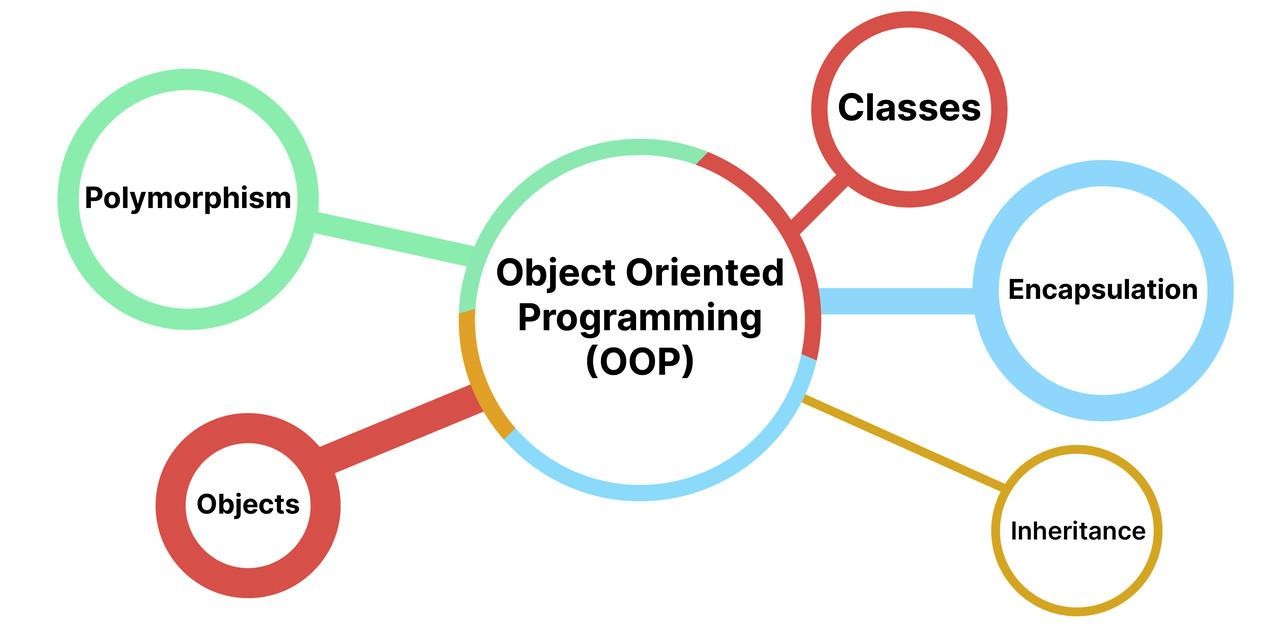
What is OOP?
Object-oriented Programming (OOP) is one of the programming paradigms of software development and aims to make software design more modular, maintainable and understandable. OOP is based on the philosophy of modeling real-world objects and focuses on the relationships between these objects.
Basic Principles of OOP:
Classes and Objects: In OOP, classes are used to define common properties and behaviors of objects. Classes are used to group objects with similar properties and create templates. Objects are derived from these classes and have certain properties and behaviors.
Polymorphism: Polymorphism refers to methods with the same names but different behavior. This allows objects that share the same interface to behave in different ways.
Encapsulation: Encapsulation refers to the encapsulation of data and methods within classes. It supports the principle of data hiding, reducing dependencies between classes and increasing security.
Abstraction: Abstraction refers to the philosophy of abstracting from the details of complex systems by including only the essential details. This allows users to focus only on essential information.
OOP is often preferred in large and complex software projects because code developed in this paradigm is easier to maintain and can be implemented with fewer errors. In addition, the modular structure increases the reusability of classes and objects, which speeds up the software development process and allows for more efficient use of resources. OOP is an important software development approach widely used in many programming languages today.
